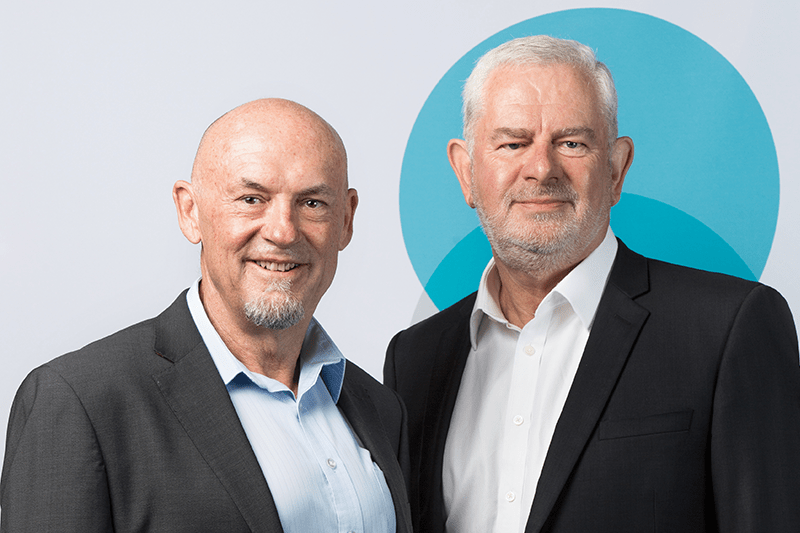By Peter Kelly on 28 February 2018
Back in the early 1980’s when my parents retired, it was not uncommon to move away from the traditional home base and stake out a small claim in a sleepy coastal enclave or a nice little country town.
In those days it was common for considerable time and effort to be invested in finding the ideal spot to retire.
In my parent’s case, and after a couple of years of travelling up and down the New South Wales north and south coasts on holidays ‘conducting research’, they settled on Forster – in the early 80’s, it was about a five-hour drive from the northern suburbs of Sydney where we had grown up. Of course, subsequent improvements to the highway since has cut that trip to about three hours – not that any of the family are still living in Forster.
They built a new home, overlooking the ocean and settled into a nice comfortable retirement, simply being absorbed into their local environment.
After my father passed away, my mother remained in Forster for a couple of years but eventually relocated back to a retirement village in Sydney to be closer to the family.
For my parents, life was a bit of a cycle – both raised in Sydney, married and raised their own family there, moved away for a time and, in my mother’s case, moved back to Sydney in her final years.
What are your plans for retirement?
Are you planning to stay in the general area where you currently live, or do you have plans to go exploring and discover new places and perhaps put down roots somewhere a little less familiar – maybe in Australia or perhaps overseas? Retiring overseas is becoming a popular option for many folk.
Often retirement to another place is driven by financial reasons. It may be cheaper to buy a place up or down the coast and put a few extra dollars in the bank to help with the costs of living in retirement.
And in keeping with this theme, we have seen the government introduce – from 1 July 2018 - downsizer contributions – the ability to contribute surplus proceeds from the sale of the family home to superannuation without being constrained by some of the general restrictions that otherwise prevent older Australians from getting money into super once they have retired.
Sadly, many of those sleepy coastal resorts that were attractive retirement destinations a generation or two back have now become just as expensive, if not more so, than the capital cities.
What does the future for retirement living look like for today’s baby-boomers and Gen X?
From what we have observed, there is a trend for people to remain living in a capital city or large regional centres. The idea of relocating seems to have diminished, perhaps brought about by familiarity of surroundings, family commitments, established friends and community involvement, health and other support services, and in some cases the fact that many retirees are deciding to remain engaged in the workforce to some extent, and move into full-time retirement later in life.
A recent study by the Australian Bureau of Statistics found that 71% of people intend to retire after the age of 65, and 23% of people age 45 or older don’t intend to retire until 70 or older. These represent an increase over the previous study.
Perhaps, at least for the majority, the tree change or sea change may have been a passing fad. Something that was popular for a time and then faded into the background.
However, there are still many people who will choose to relocate for their retirement.
For those who do, perhaps there is value in ‘trying before you buy’.
All too often we hear stories of people who retire to some ideal location only to find that after living there for a little while, it is not all they thought it would be. This is often compounded when one of a couple passes away.
If you are thinking of relocating, whether it is down the coast, interstate, or to another country, move by all means. But before selling up and burning your bridges, think about renting for six months or so. Then, after becoming familiar with the location, if you really like it you will have a lot of local knowledge and even a network of new friends that may make the buying process just that much easier.
What are your plans for retirement? Feel free to share your ideas by leaving a comment.



comments